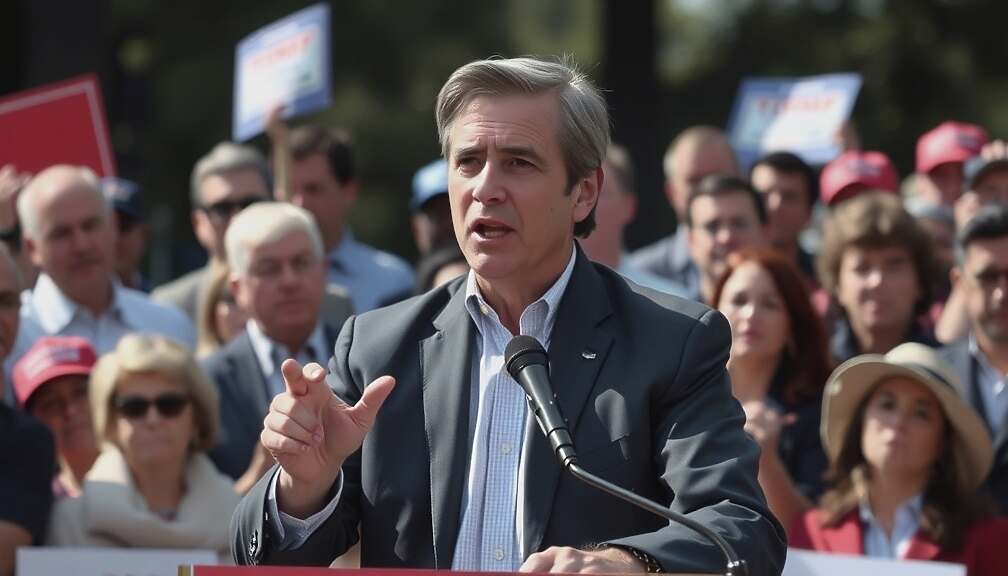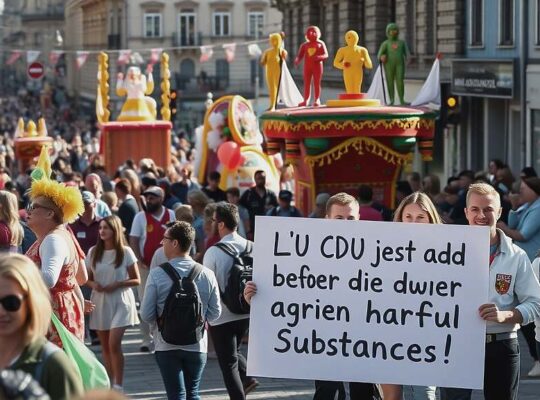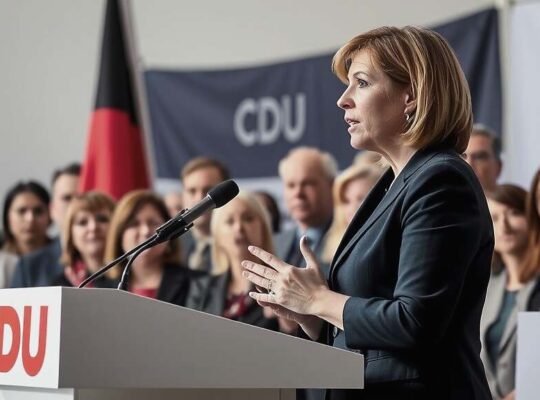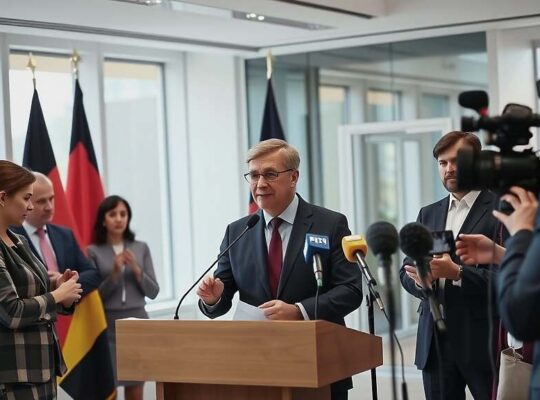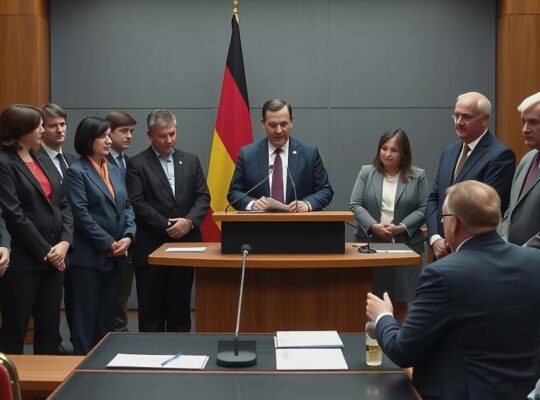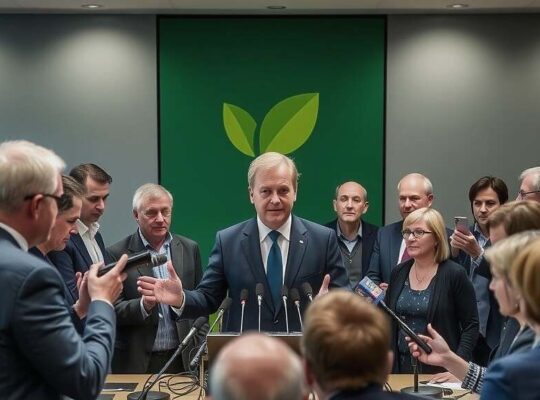Chancellor Friedrich Merz, leader of the Christian Democratic Union (CDU), has signaled a sharpened strategy to distance his party from the Alternative for Germany (AfD), acknowledging a past failure to adequately define the ideological chasm separating them. In an interview published in the Frankfurter Allgemeine Sonntagszeitung, Merz emphasized the necessity of aggressively highlighting the differences, countering a growing public perception that the CDU’s reluctance to explicitly condemn the AfD is enabling the far-right party’s influence.
Merz’s assessment is particularly significant given the AfD’s escalating popularity, currently polling between 25 and 26.5 percent – a dramatic rise from below the five-percent threshold in 2015. He argued that the AfD’s challenge extends beyond criticizing policies implemented under former Chancellor Angela Merkel; it fundamentally questions the foundational principles of the Federal Republic of Germany established under Konrad Adenauer and intrinsically linked to the CDU’s own historical trajectory.
Acknowledging a degree of culpability, Merz conceded that the CDU had, in the past, inadvertently created space on the right. While the party’s platform reflects progressive stances on issues such as cannabis legalization, integration policies and self-determination rights, he noted the constraints imposed by coalition politics often limit the ability to fully enact these proposals.
A particularly pointed observation involved the legacy of Merkel’s 2015 refugee policy. Merz directly linked those decisions to the subsequent doubling of the AfD’s support within a single electoral cycle. He positioned the AfD as feeding off a broader climate of discontent gripping numerous Western democracies, a climate he believes has fostered the party’s alarming ascent. The Chancellor’s remarks suggest a recognition that a more proactive and assertive stance against the AfD is now essential to safeguarding the CDU’s own political future and the stability of Germany’s democratic foundation. Analysts interpret this shift as a potential attempt to regain lost ground amongst more moderate voters and to definitively draw a line against the increasingly influential and potentially destabilizing, nationalist right.


